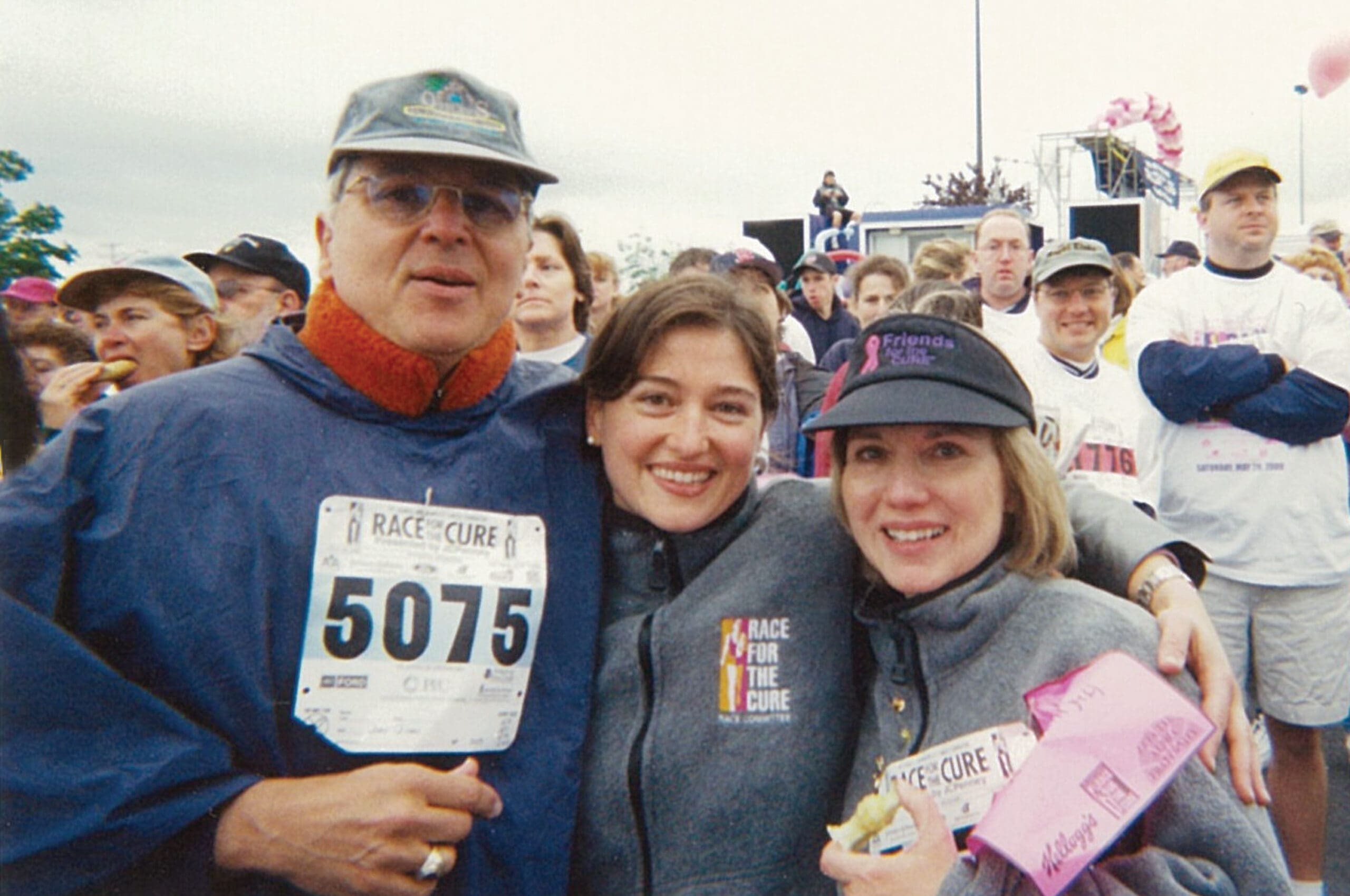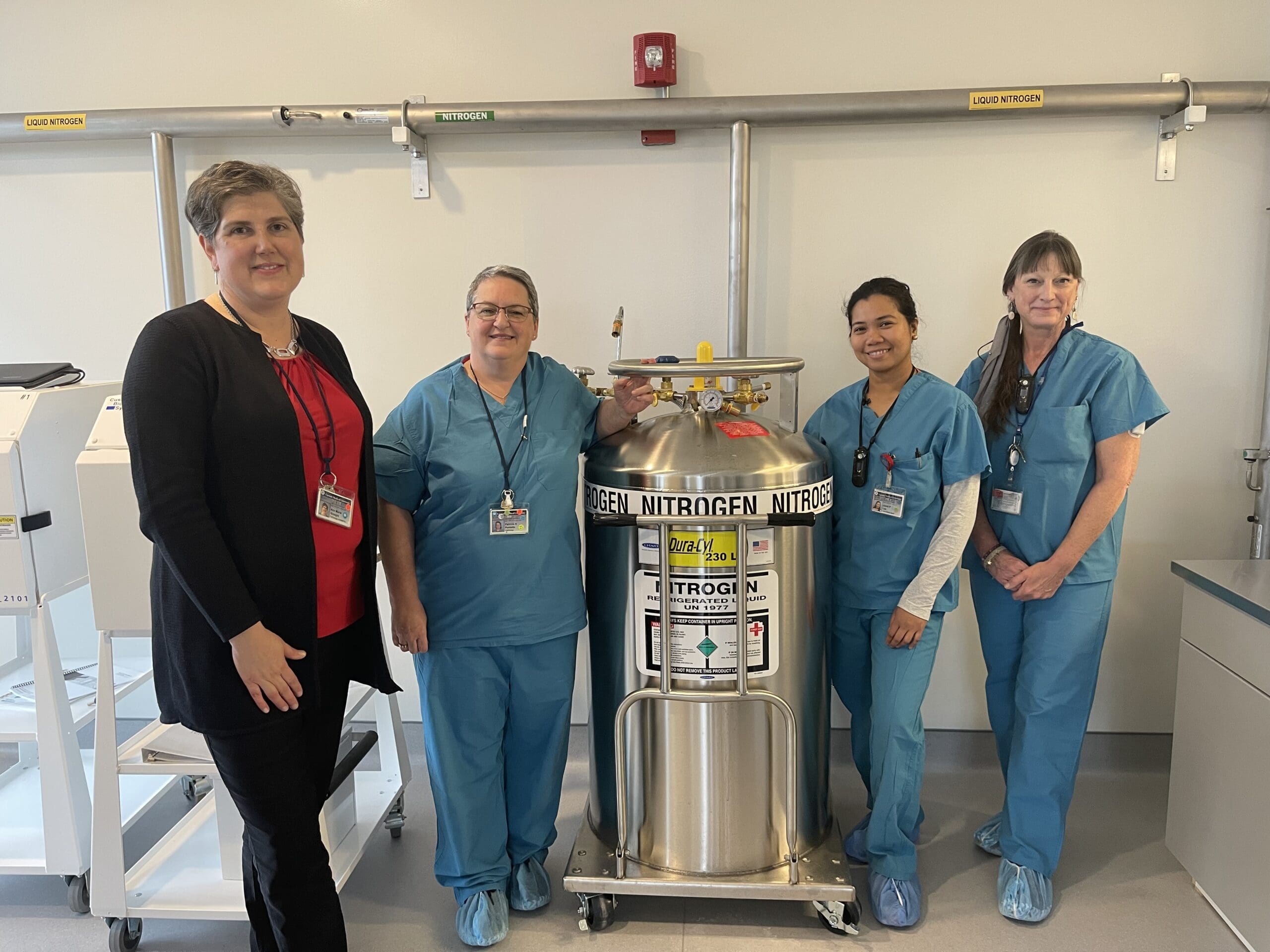By Nichole A. Cavallaro
It’s extremely important to be mindful of the mental health and wellness of women in service — veterans, first responders, elected officials, journalists. They see things, hear things, feel things, smell things that many of us may not have been exposed to. To be fair, those experiences also affect medical and mental health professionals, law enforcement officers, public service and state employees, among many more. Due to the amount of trauma I tend to see and hear in my work, it is extremely vital that working women get the help and support they need when they are feeling stressed from their jobs, social expectations and personal life. This is when that infamous term self-care comes out! For some, self-care is a mere “to do” or an indulgent or pleasant experience. For most women (and I’m willing to be my money on this), we don’t take the time to give ourselves that self-care. But I’m going to cut to the chase and give you some tools that are indicative of many of roles as first responders.
- If possible, limit your time working alone by trying to work in teams. It’s never a sign of weakness to ask for help or assistance. The bonds that are created through times of crisis with a shared interest in saving others is irreplaceable.
- Responders experience stress during a crisis. When stress builds up it can cause:
- Burnout — feelings of extreme exhaustion and being overwhelmed.
- Secondary traumatic stress — stress reactions and symptoms resulting from exposure to another individual’s traumatic experiences, rather than from exposure directly to a traumatic event.
- Coping techniques like taking breaks, eating healthy foods, exercising and using the buddy system can help prevent and reduce burnout and secondary traumatic stress. Recognize the signs of both of these conditions in yourself and other responders to be sure those who need a break or need help can address these needs.
- Responder self-care techniques:
- Limit working hours to no longer than 12-hour shifts.
- Work in teams and limit amount of time working alone.
- Write in a journal.
- Talk to family, friends, supervisors, and teammates about your feelings and experiences.
- Practice breathing and relaxation techniques.
- Maintain a healthy diet and get adequate sleep and exercise.
- Know that it is okay to draw boundaries and say “no.”
- Avoid or limit caffeine and use of alcohol.
- It is important to remind yourself:
- It is not selfish to take breaks
- The needs of survivors are not more important than your own needs and well-being — and this is because you are not helping anyone if you can’t take care of yourself.
- Working all of the time does not mean you will make your best contribution.
- There are other people who can help in the response.
Responding to disasters or crisis can be both rewarding and stressful. Being mindful that you have stress and coping with it as you respond will help you stay balanced, and this will allow you to keep helping those who are affected. It is also to take care of yourself if you have a family at home that you return to. Your mental health and wellness are vital to them as well as yourself, as you are basically on the front lines. Be gentle, patient and kind to yourself!





